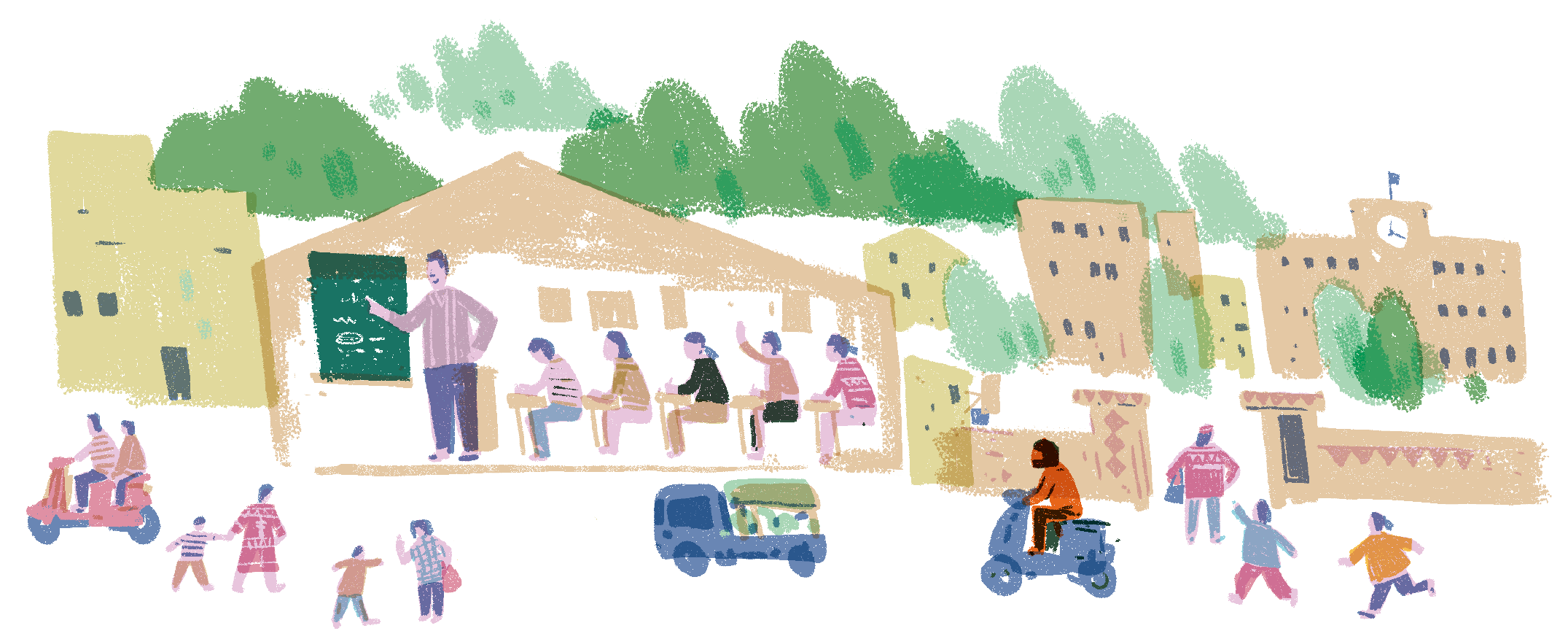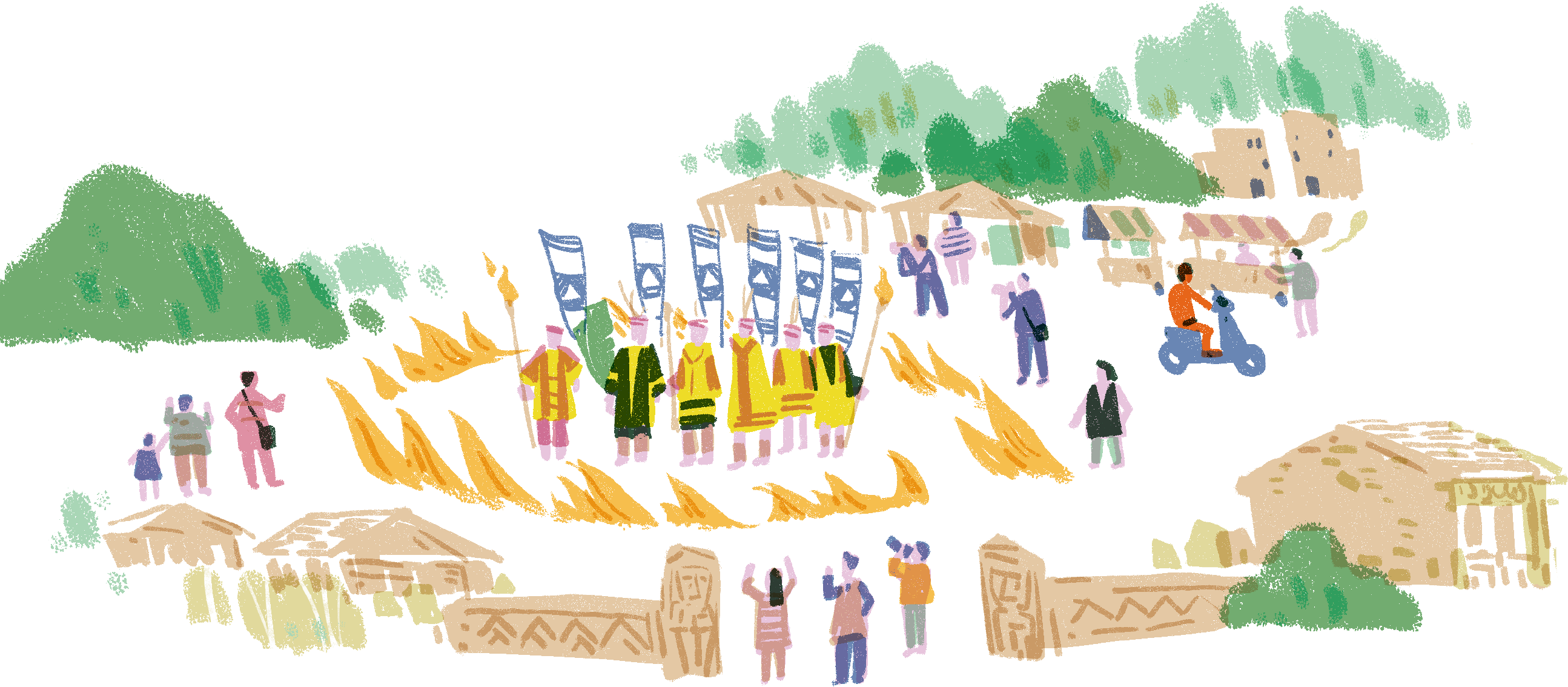A language is a tool for conveying emotions and bridging ideas, and we cannot live without it in our lives. Yet, with the rapid pace of modernization, Taiwan's indigenous communities are facing the aggressive impact of the mainstream culture, pushing indigenous languages to the brink of extinction. The loss of language and inability to speak one's mother tongue will result in the disconnection between people due to the lack of dialogue, ending up with a fractured and unsustainable culture. 
In Taiwan, the indigenous population accounts for 2.37% of the total population, and very few of them can speak their mother tongues. Despite a population of only around 400, the septuagenarian amalanamahlʉ salapuana of the Hla'alu has never thought of giving up revitalizing his mother culture. Year after year, he continues to apply for the government-sponsored program to nurture seed teachers for the preservation of the language. He has devoted his life to education with enthusiasm that knows no end.
Currently, the Sakizaya people has a population of around 1,000 people, with 40 percent of them speaking the language. Jack Lopchi Chan, a Canadian immigrant, is captivated by the Sakizaya language and throws himself into learning it as a middle-aged beginner. He takes a step-by-step approach starting from pronunciation, conversations, and eventually to practical applications. Now he is proud of being one of the very few people in the world who can speak fluent Sakizaya.
Though it seems that the transmission of language and culture is facing a critical situation, there are still quite a few unsung heroes who are determined to revitalize their mother tongues and cultures despite the difficulties. Let us speak out loud to the world in our languages and let the voice of Taiwan's indigenous peoples be heard on the world stage.





 READING
READING 










